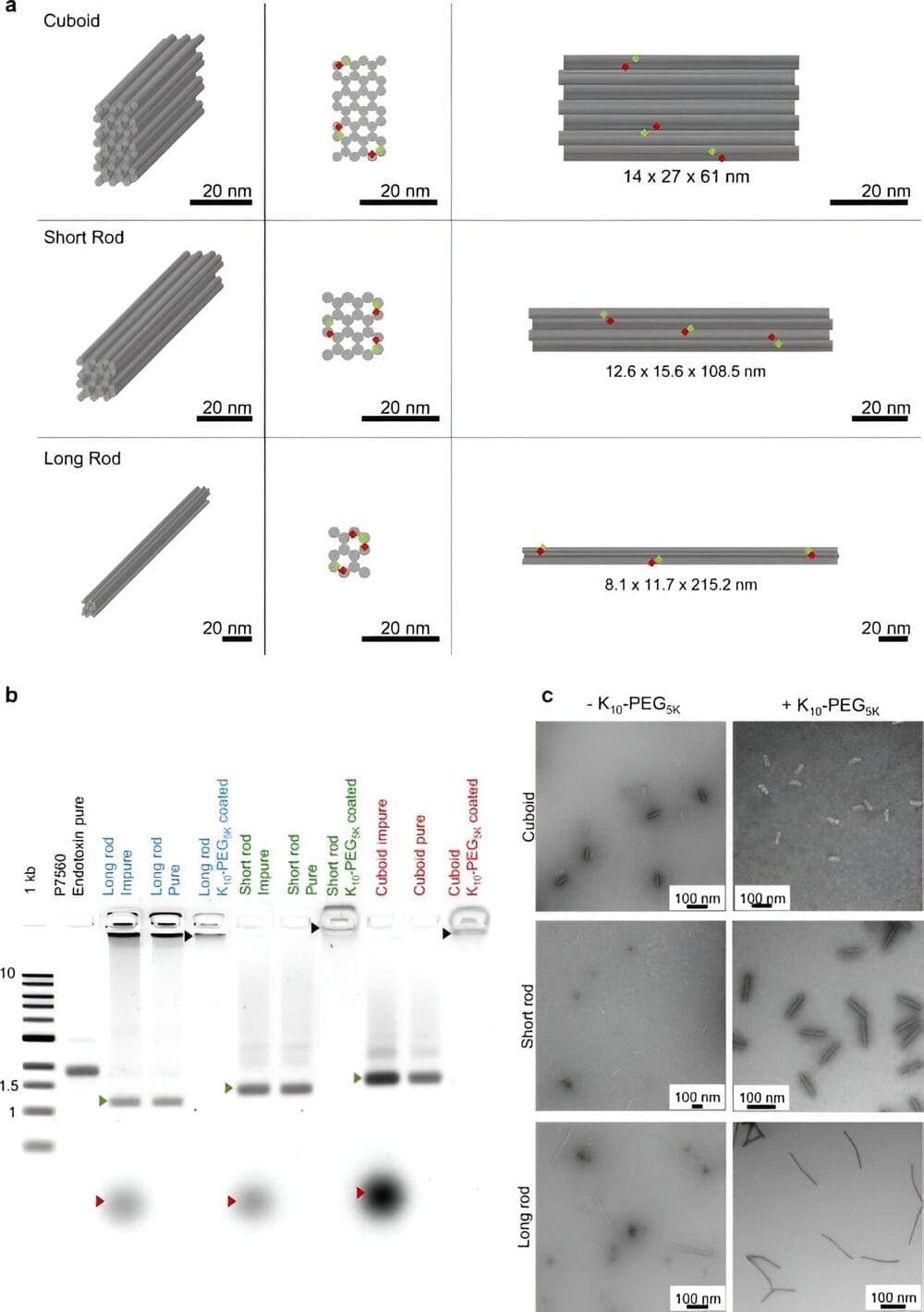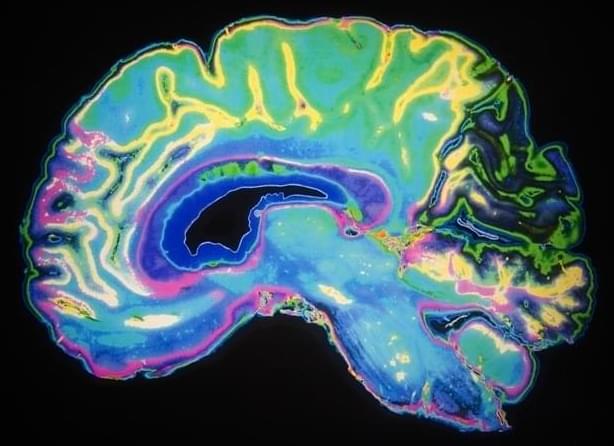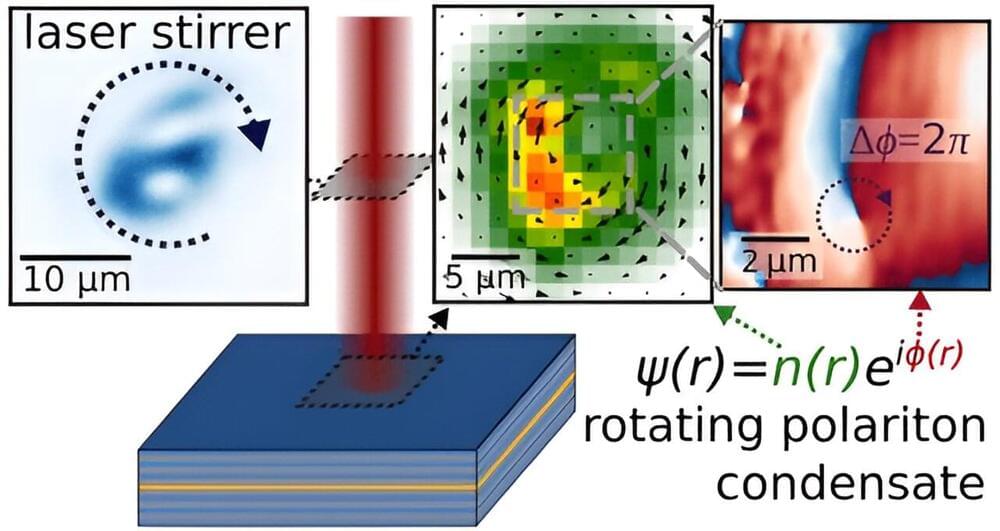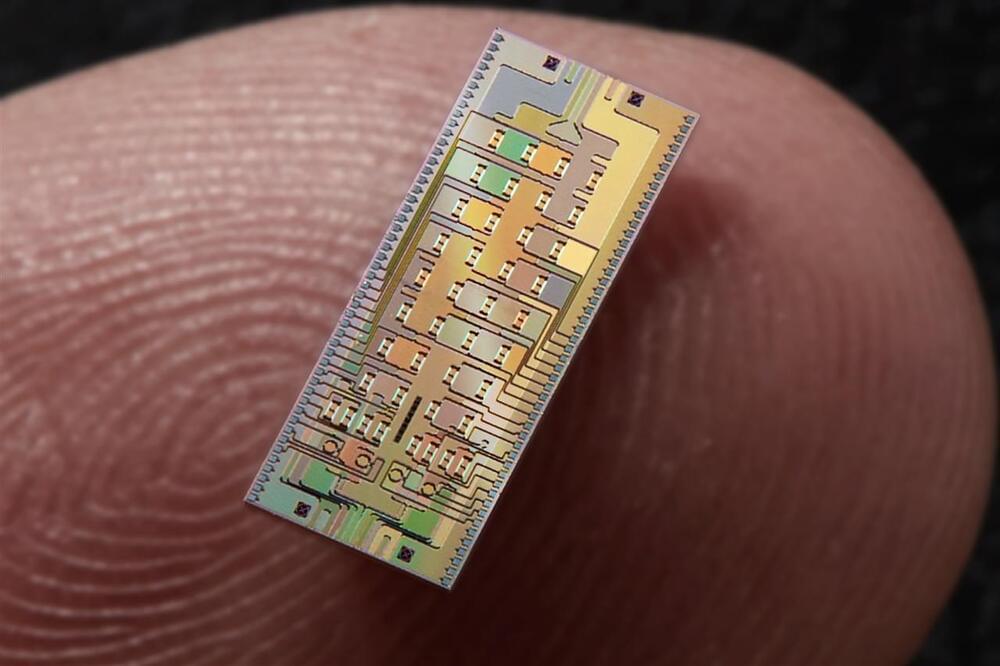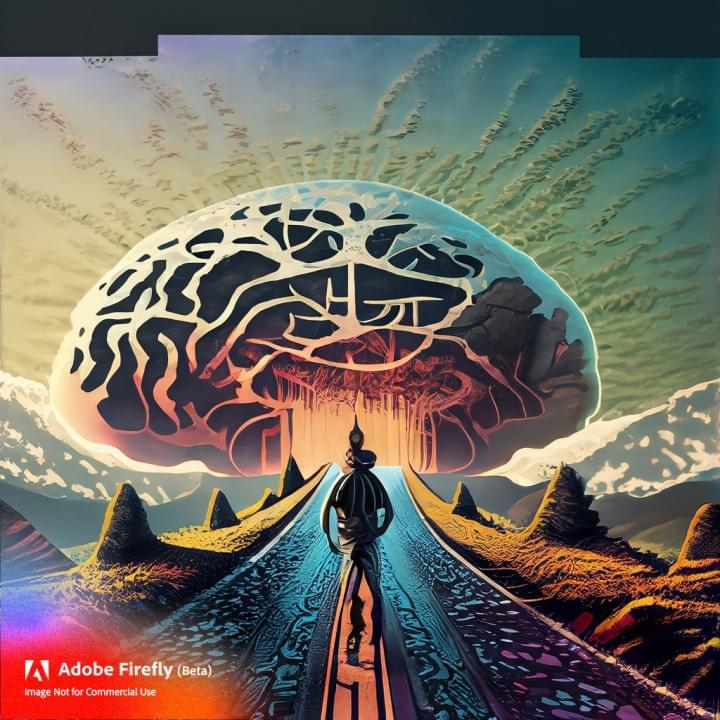https://www.hdiac.org/podcast/neuroweapons-part-1/
In part one of this two-part podcast, HDIAC analyst Mara Kiernan interviews Dr. James Giordano, a Professor in the department of Neurology and Biochemistry at Georgetown University Medical Center. The discussion begins with Dr. Giordano defining neuroweapons and explaining their applied technologies. He provides insight into the manner in which international weapons conventions govern the use neuroweapons and discusses the threats presented by neuroweapons in today’s environment. Dr. Giordano goes on to review the need for continuous monitoring, including his views regarding challenges and potential solutions for effectively understanding global developments in neuroweapon technologies.
Watch regular HDIAC webinars and video podcasts by subscribing:
Become a member of the Homeland Defense and Security Information Analysis Center: https://www.hdiac.org/register/
Visit: www.hdiac.org.
Follow: https://www.instagram.com/dod_hdiac/
Like: https://www.facebook.com/DoDHDIAC/
Tweet: https://twitter.com/DoD_HDIAC
Connect: https://www.linkedin.com/company/dodhdiac
